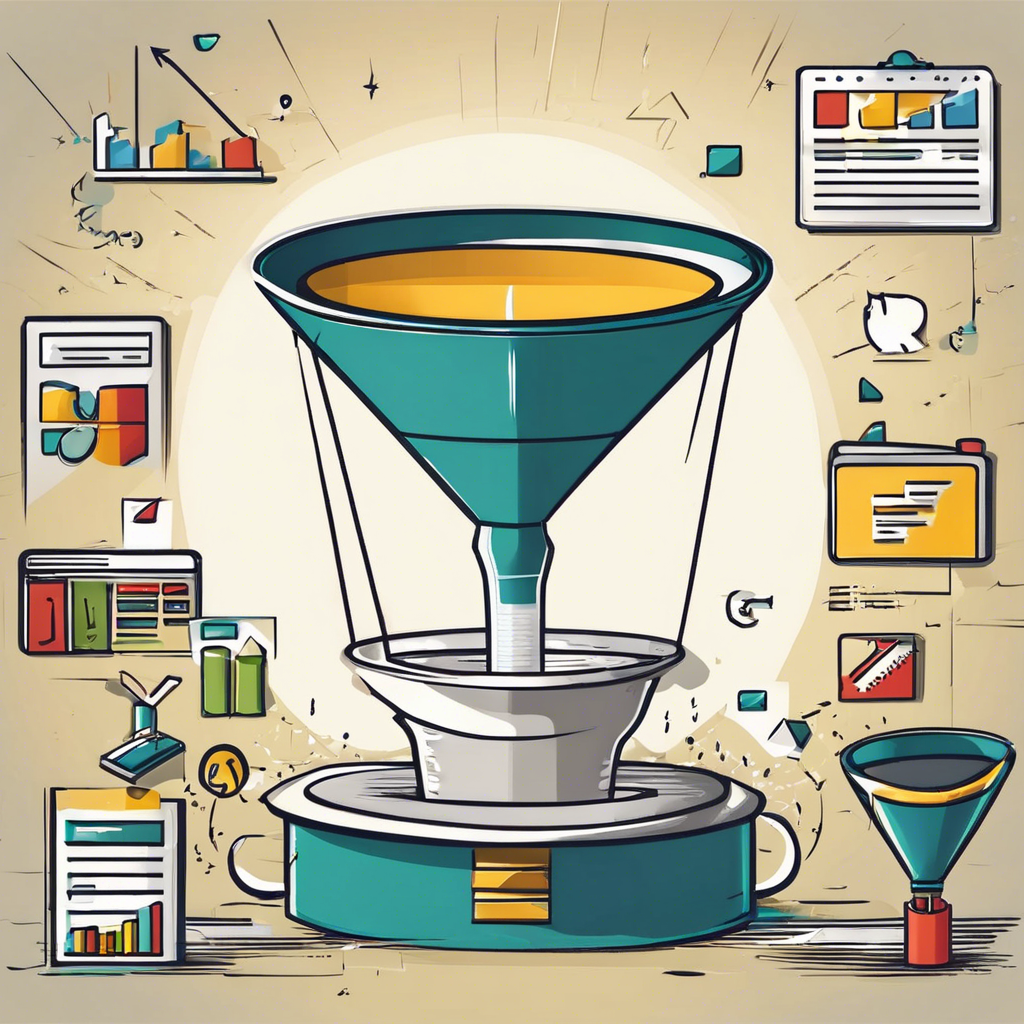A sales funnel is a crucial aspect of any online business, serving as a roadmap that guides potential customers through the buying process. It consists of different stages that lead a prospect from initial awareness to making a purchase. Understanding how to build an effective sales funnel can significantly impact the success of your online business.
The first stage of a sales funnel is awareness, where potential customers become aware of your product or service. This can be achieved through various marketing strategies such as social media ads, content marketing, or search engine optimization. It is essential to create engaging and informative content to attract the attention of your target audience.
After creating awareness, the next stage is interest, where you need to pique the interest of potential customers and educate them about how your product or service can solve their problems. This is the stage where you provide valuable information, answer questions, and address any concerns to build trust and credibility.
The third stage of a sales funnel is consideration, where potential customers evaluate their options and compare different products or services. This is the stage where you need to highlight the unique selling points of your offering and showcase testimonials or case studies to demonstrate its effectiveness.
The decision stage is where potential customers are ready to make a purchase. At this stage, you need to make the buying process as seamless as possible by providing clear calls to action, easy payment options, and any necessary support to help customers make their final decision.
Once a purchase is made, the final stage of the sales funnel is retention, where you focus on building a long-term relationship with customers. This involves providing excellent customer service, seeking feedback, and offering incentives for repeat purchases or referrals.
To build a sales funnel online, you can use various tools and platforms such as email marketing software, landing page builders, and customer relationship management systems. These tools can help automate the process and track the performance of your sales funnel to make necessary adjustments for better results.
When creating a sales funnel, it is essential to have a clear understanding of your target audience, their needs, and pain points. Tailoring your messaging and content to address these specific needs can greatly increase the effectiveness of your sales funnel and improve conversion rates.
Regularly monitoring and analyzing the performance of your sales funnel is crucial for identifying areas of improvement and optimizing the customer journey. By testing different strategies, messages, and offers, you can refine your sales funnel to better meet the needs of your target audience.
In conclusion, building a sales funnel online is a strategic process that requires careful planning, execution, and optimization. By following the stages of awareness, interest, consideration, decision, and retention, you can create a successful sales funnel that drives conversions and grows your online business.

